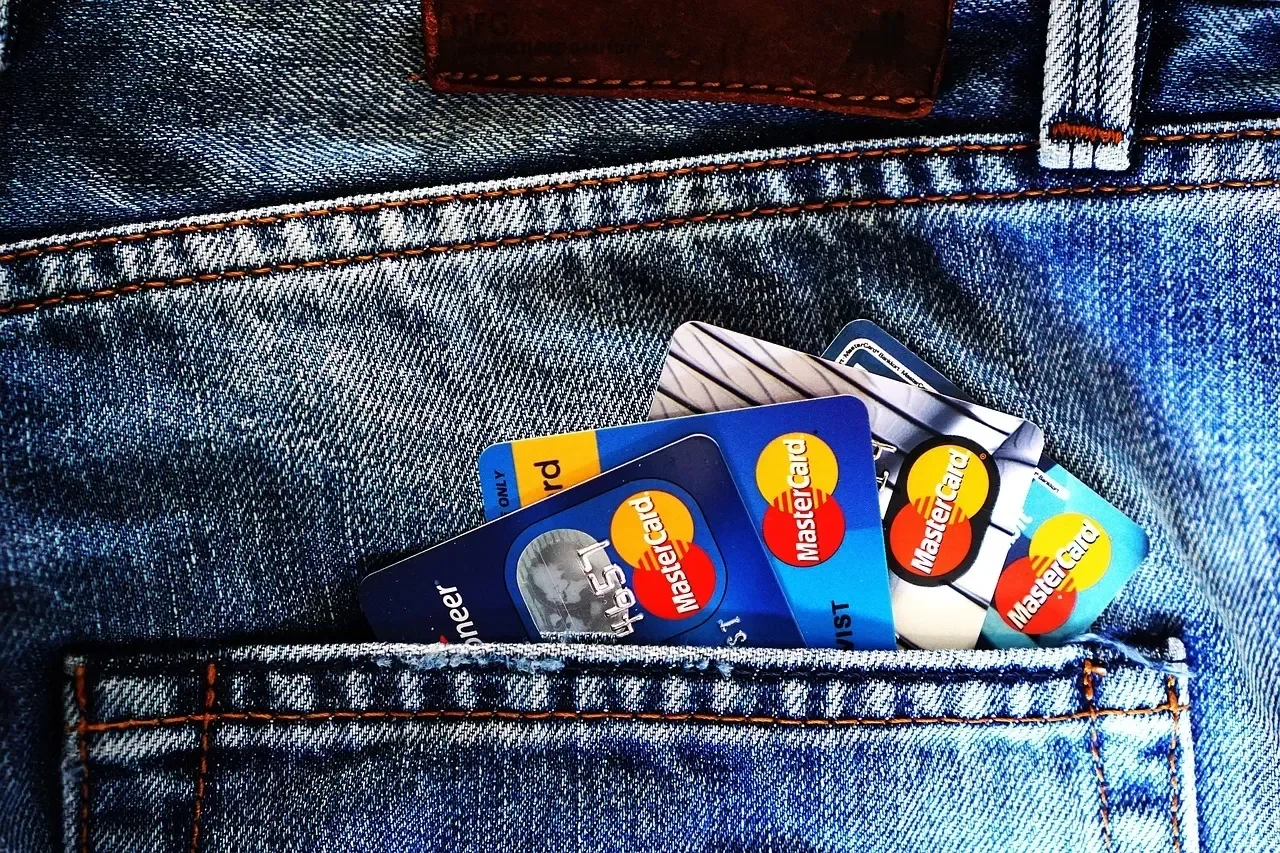Credit, Debit, and Prepaid Cards: Understanding the Differences
Navigating the world of financial cards can be complex, with various options available such as credit, debit, and prepaid cards.
Each card type offers unique functionalities, benefits, and limitations, tailored to meet different financial needs.
This article aims to clarify the distinctions and help you choose the card that best fits your financial situation.
What is a Credit Card?
A credit card is a payment method provided by financial institutions, like banks or fintech companies, with a pre-defined credit limit.
» How It Works
Credit Limit:
Based on income analysis and payment history, each customer is allocated a specific credit limit. This limit represents the maximum amount the cardholder can borrow.
Bill Payment:
Purchases made with a credit card are paid through a monthly bill, with the option to pay in full or in installments. Cardholders can choose to pay the entire balance or a minimum amount each month.
Interest and Fees:
If the full amount is not paid, interest and additional fees may apply. The interest rate varies by card and can significantly increase the cost of carrying a balance.
» Key Benefits of Credit Cards
- Immediate Purchasing Power:
Enables buying without immediate cash availability, making it convenient for emergencies or large purchases. - Flexible Payment Options:
Offers the ability to pay over time, easing budget constraints. This flexibility can help manage cash flow more effectively. - Rewards and Benefits:
Many credit cards offer loyalty points, cashback, or other rewards. These can accumulate and provide significant savings or perks over time. - Security:
Reduces the need to carry cash and offers protections against fraud and theft. Credit cards often come with zero liability policies for unauthorized transactions.
» Popular Credit Cards
Many sought-after credit cards offer perks like no annual fees and user-friendly features. Some popular options include:
- Neon:
Known for its simple application process and transparent fee structure. - C6 Bank:
Offers competitive rewards programs and flexible credit limits. - Nubank:
Popular for its intuitive app and customer-centric approach.
Understanding Debit Cards
A debit card is linked to a bank account and allows you to spend the money you already have.
» How It Works
Direct Account Debit:
Purchases are immediately deducted from your bank account. This means you can only spend what you have.
No Credit Check:
Debit cards do not require a credit check, making them accessible even to those with poor credit history.
Spending Limit:
The spending limit equals the account balance, preventing overspending. This feature helps in maintaining financial discipline.
» Benefits and Limitations
- Budget Management:
Helps in keeping track of spending since the amount is debited instantly. This makes it easier to manage and monitor your finances. - Simplicity:
Offers a straightforward way to make purchases directly from your bank account. There’s no need to worry about monthly bills or interest rates. - No Debt Accumulation:
Unlike credit cards, debit cards do not allow for deferred payments. This eliminates the risk of accumulating debt but also limits purchasing power to available funds.
Prepaid Cards Explained
Prepaid cards work like a mix of credit and debit cards but need to be pre-loaded with funds before use.
» How They Work
Load Money:
Users load money onto the card, which then can be used for purchases. This preloading step ensures that spending is limited to the amount on the card.
Versatility:
Can be used in debit or credit mode, though they do not offer credit facilities. They are accepted in many places where credit and debit cards are used.
Types:
Includes national, international, corporate, and gift cards. Each type serves different purposes, from everyday spending to travel or gifting.
» Advantages of Prepaid Cards
- Accessibility:
Available without income proof or credit checks, suitable for those with bad credit. They provide a financial tool for individuals who might not qualify for traditional credit cards. - Budget Control:
Limits spending to the loaded amount, preventing debt accumulation. This makes prepaid cards ideal for budgeting and controlled spending. - No Bank Account Needed:
Can be obtained without having a bank account, offering flexibility and convenience for unbanked individuals.
Choosing the Right Card for You
Understanding the differences between credit, debit, and prepaid cards is essential for making informed financial decisions. Here’s how to decide which card might be best for you:
» Credit Cards
- Best For:
Individuals seeking flexibility, rewards, and the ability to make purchases on credit. - Consider If:
You can manage monthly payments and are looking for additional perks and protections.
» Debit Cards
- Best For:
Those who want direct access to their funds and prefer not to manage credit. - Consider If:
You want a simple, straightforward payment method that helps manage spending.
» Prepaid Cards
- Best For:
People who need a versatile payment method without the need for credit or a bank account. - Consider If:
You want to control spending, avoid debt, and manage funds without traditional banking.
 Source: Pixabay
Source: PixabayConclusion
While credit cards offer flexibility and rewards, debit cards provide direct access to your funds with budget control.
Prepaid cards, on the other hand, combine features of both and are particularly useful for specific financial scenarios or for those unable to obtain traditional credit cards.
By understanding the unique benefits and limitations of each type, you can choose the financial card that best fits your needs and helps you manage your finances effectively.


